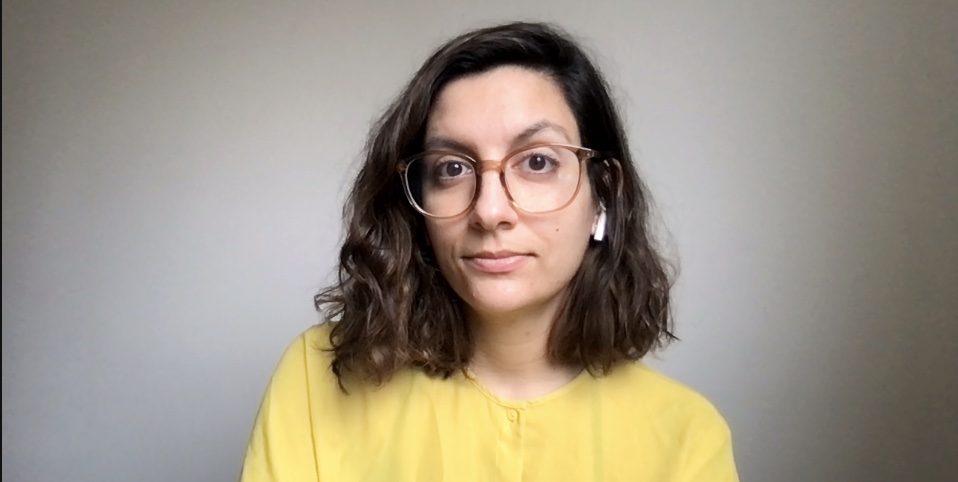More Samples of One: Weaving First-Person Perspectives into Mainstream HCI Research
Abstract
References
Index Terms
- More Samples of One: Weaving First-Person Perspectives into Mainstream HCI Research
Recommendations
Introduction to the Special Issue on First-Person Methods in HCI
In this introduction to the special issue on First-Person Methods in (Human-Computer Interaction) HCI, we present a brief overview of first-person methods, their origin, and their use in Human-Computer Interaction. We also detail the difference between ...
Revealing Tensions in Autobiographical Design in HCI
DIS '18: Proceedings of the 2018 Designing Interactive Systems ConferenceWhile self-usage has long been regarded as a questionable approach in human-computer interaction (HCI) research, recent projects have shown the successful use of autobiographical design as a method to investigate long-term and intimate relations between ...
A Sample of One: First-Person Research Methods in HCI
DIS '19 Companion: Companion Publication of the 2019 on Designing Interactive Systems Conference 2019 CompanionFirst-person research (i.e., research that involves data collection and experiences from the researcher themselves) continues to become a viable addition and, possibly even, alternative to more traditional HCI methods. While we have seen the benefits of ...
Comments
Information & Contributors
Information
Published In

Sponsors
Publisher
Association for Computing Machinery
New York, NY, United States
Publication History
Check for updates
Author Tags
Qualifiers
- Research-article
- Research
- Refereed limited
Funding Sources
- Marianne and Marcus Wallenberg Foundation
Conference
Acceptance Rates
Contributors
Other Metrics
Bibliometrics & Citations
Bibliometrics
Article Metrics
- 0Total Citations
- 230Total Downloads
- Downloads (Last 12 months)230
- Downloads (Last 6 weeks)96
Other Metrics
Citations
View Options
View options
View or Download as a PDF file.
PDFeReader
View online with eReader.
eReaderHTML Format
View this article in HTML Format.
HTML FormatGet Access
Login options
Check if you have access through your login credentials or your institution to get full access on this article.
Sign in




